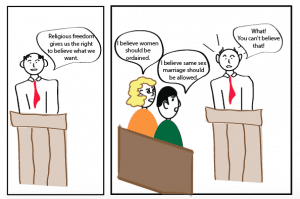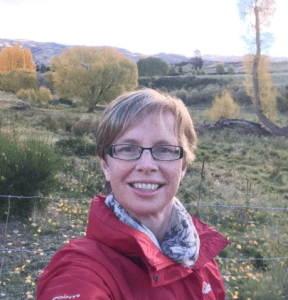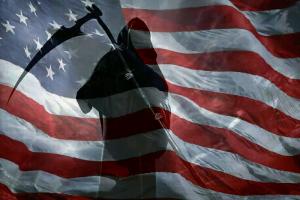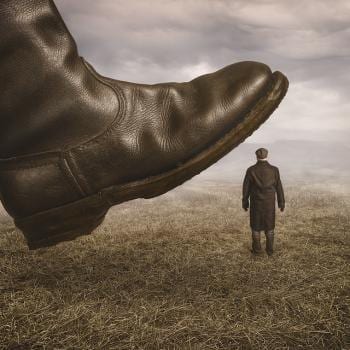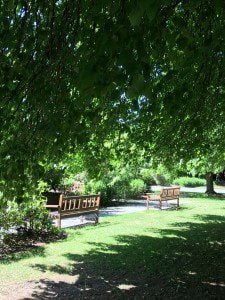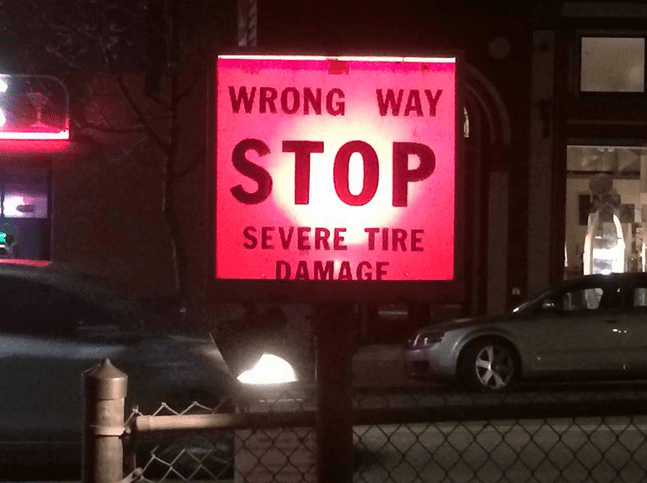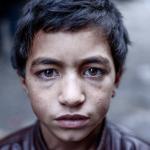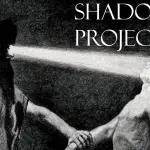This guest post is by Nicola Ward Petty, a convert from Catholicism, a returned missionary and a former Stake Relief Society President. Nicola and her husband Mark are the parents of two sons and the grandparents of one grandson. They live in Christchurch, New Zealand.
At the recent General conference, Elder Robert Hales gave a talk called, “Preserving Agency, Protecting Religious Freedom”. As a Kiwi Mormon like Gina, I live in New Zealand, and have observed that religious freedom and freedom in general seem very important to Americans. It does make one wonder if it is because people aren’t as free as they would like to be in the “land of the free and the home of the brave.” Here, in one of the most free countries in the world, we tend not to worry too much about freedom. We are aware that all is not perfect in paradise, and don’t get me started on the current government, but generally, we are pretty free. Gay marriage was legalised last year, and life has continued on as usual, despite predictions to the contrary. We have free healthcare, and pretty much free education, and it actually works quite well.
The key phrase of Hales’ talk is: “The faithful use of our agency depends upon our having religious freedom.” The talk centres on how we can preserve our religious freedom, meaning that of the church within the greater community. Fine- that fits in with the narrative of persecution that the church tends to espouse. But my experience is that my religious freedom is being curtailed by the very body that claims to protect it. As someone who is beginning to think beyond the doctrine of correlation, I am finding that I am not free to believe as I wish – or even to think about believing as I wish. It seems that the 11th Article of Faith, “We claim the privilege of worshiping Almighty God according to the dictates of our own conscience, and allow all men the same privilege, let them worship how, where, or what they may” applies only to others and not within the church.
Let us examine Elder Hales’ talk through a different lens. I suspect that the purpose of the talk is to encourage members of the church to stand up for their beliefs in “the world”. The “us” is the church and the “them” is society as a whole. I’d like to examine it in a different light, when the “us” is members of the church and the “them” is the Church, or the Corporation.
Elder Hales gives four cornerstones of religious freedom:
“The first is freedom to believe. No one should be criticized, persecuted, or attacked by individuals, or governments either, for what he or she believes about God. It is very personal and very important.” I haven’t been criticized by people outside the church for what I believe, and in fact other people have been extremely accepting of my somewhat confusing beliefs. However I have received and witnessed criticism, persecution and attack by individuals within the church over the last few months, when people have had the courage to say what they believe in an open forum.
“The second cornerstone of religious liberty is the freedom to share our faith and our beliefs with others.” I am presuming that Elder Hales is referring to missionary work, where members of the church share their beliefs with others outside the church. The church spends megadollars doing that through our missionaries. I was one of them in a previous lifetime. But it doesn’t seem to work both ways. Members are restrained from sharing their faith and beliefs with others within the church. Some have even been subjected to church disciplinary action. There is a culture of secrecy – we give the correct responses in public, while our doubts and questions ferment in private.
“The third cornerstone of religious liberty is the freedom to form a religious organization, a church, to worship peacefully with others.” I’m not sure I want to address this point. I’m pretty sure that members who set up their own church to worship peacefully with others would find themselves outside of the fold of the corporate church. To me that is fair enough. Our culture is not appreciative of different styles of Mormonism. That being said – maybe there would be a place for branches of liberal Mormonism. First thing to go in my church would be the three hour block; women would be equal with men; and we would do good things in our community. But that is the subject for another day.
“The fourth cornerstone of religious liberty is the freedom to live our faith—free exercise of faith not just in the home and chapel but also in public places… Some are offended when we bring our religion into the public square, yet the same people who insist that their viewpoints and actions be tolerated in society are often very slow to give that same tolerance to religious believers who also wish their viewpoints and actions to be tolerated.” Amen brother. Could that also apply to orthodox members who may be slow to give tolerance to members of the church who dare to think differently, and have the courage to stand for what they believe.
Elder Hales’s call for action is for members to be informed, work with others and live as a good example. Let’s do that, and remember to defend religious freedom, even when we might rather call it heresy.